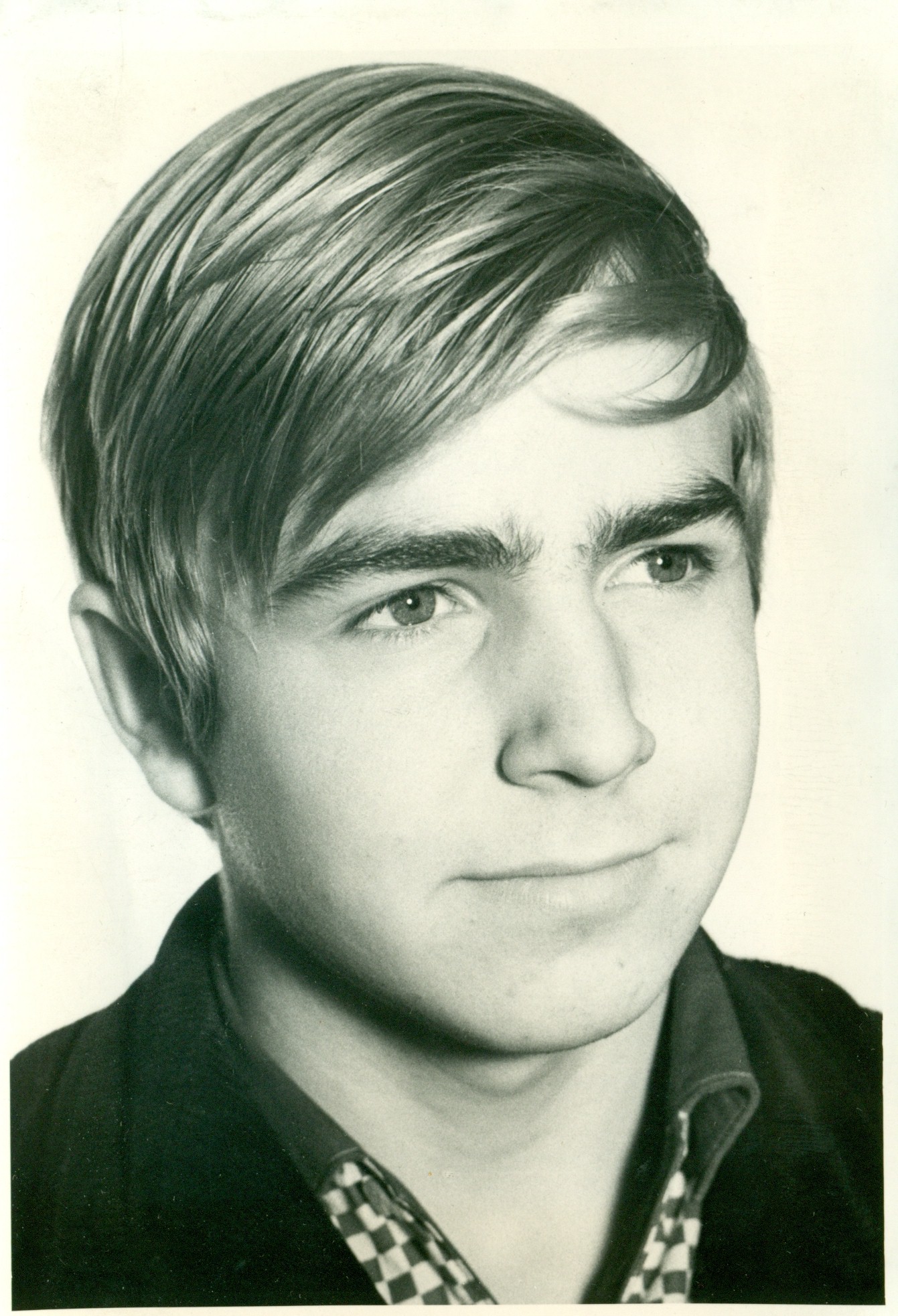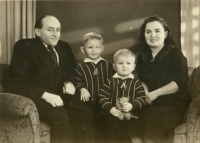Am I scared? I forbade myself to be.

Download image
Actor Pavel Marek was born in Svitavy on 21 January 1955. His father Ladislav Marek worked as an accountant in Svitavy’s Technolen factory and his mother worked in the same company as a girdler. Aged thirteen, during the second revival of Junák, he became a member of a scout troop and, two years later, saw it dissolved with a lot of emotion. He replaced the Scouts with a drama club which set him on his acting career. In the ninth grade he passed the talent exams for the Brno acting conservatory. After graduating, he joined the theatre in Český Těšín as an actor. Having completed his compulsory military service, he performed with the ensemble of the Šumper theatre for three years. Then he headed to the West Bohemian Theatre in Cheb in 1981 where he settled permanently. Thanks to its location outside the traditional cultural centres, the Cheb theatre had somewhat more freedom in dramaturgy and staffing, and even people with a dissident past could work there. In November 1989, Pavel Marek was actively involved in the organisation of debates that took place in the Cheb theatre and participated in the activities of the Civic Forum. After 1989, he played a number of roles on stage and in films, including Shylock in the Cheb production of The Merchant of Venice (2006) and appearance in the film The Idiot Returns.





